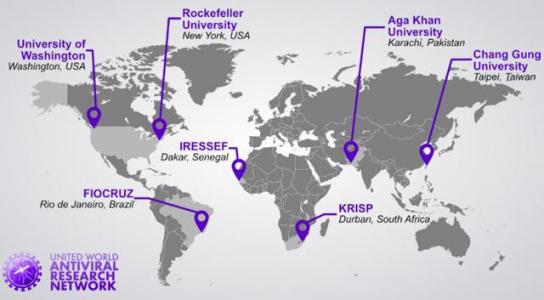Essential student research training goes virtual amid COVID-19 pandemic (quotes Alana Lopez, MPH student)
At the end of each Spring Semester, students across the country start gearing up for summer research internships and experiences at institutions across the nation. But for many of these students, the COVID-19 pandemic resulted in the cancellation of these valuable summer programs.




